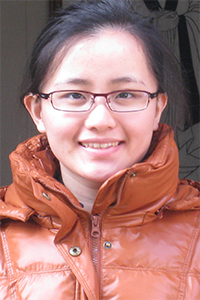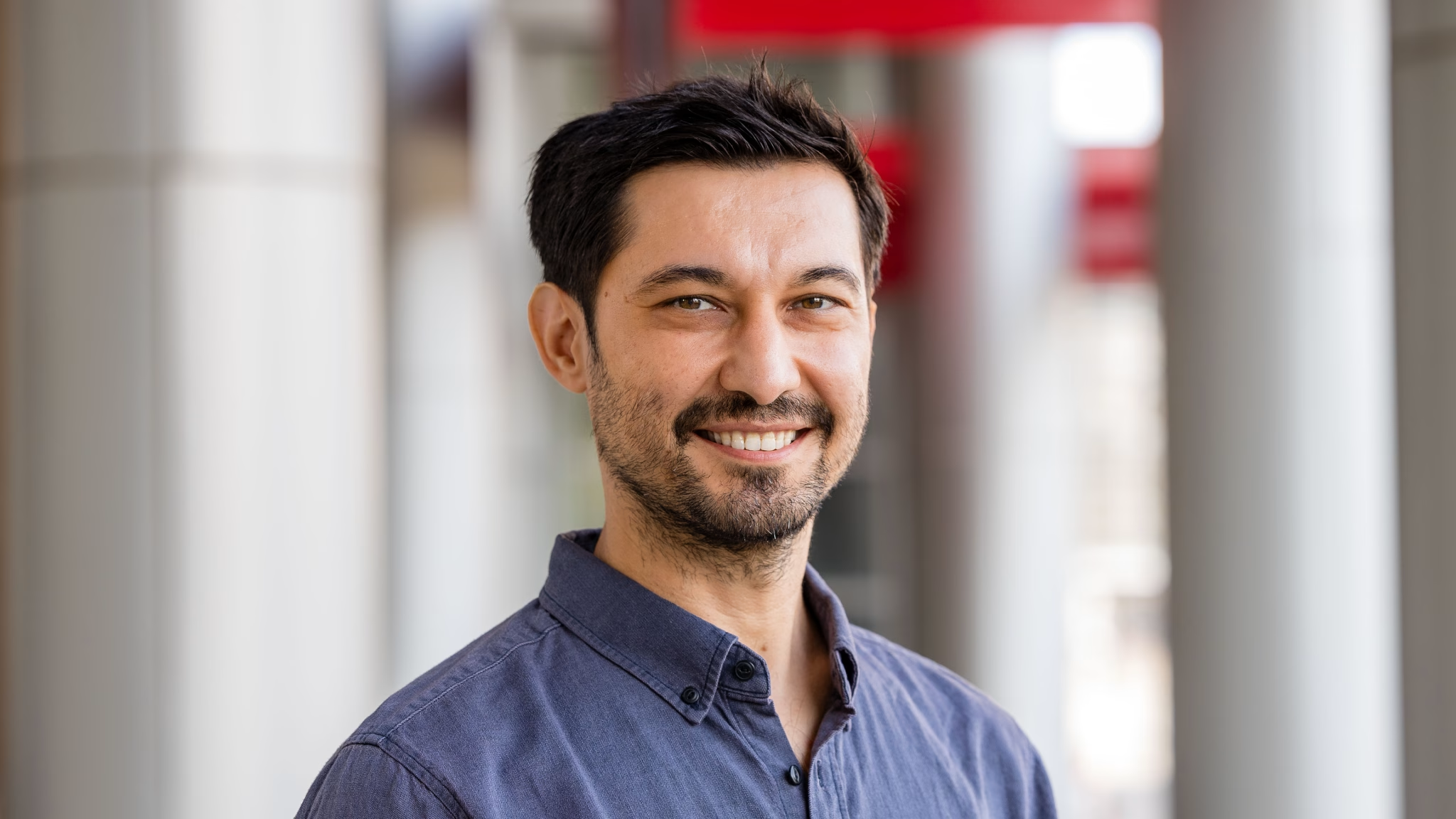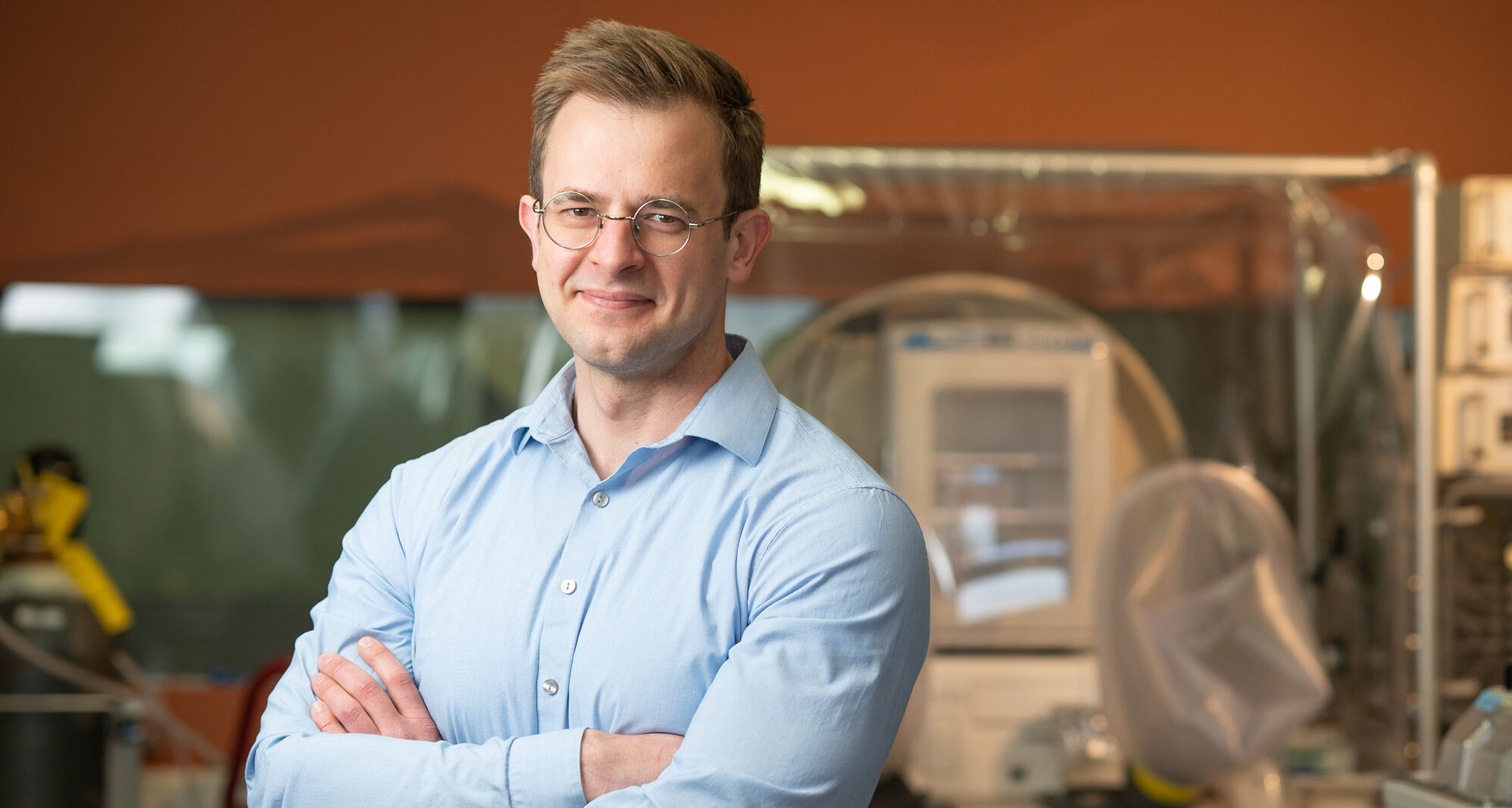Data Science Initiative Supports Faculty Research at UW–Madison
Ten highly innovative projects have been chosen to receive University of Wisconsin–Madison Data Science Initiative funding, including two led by Wisconsin Institute for Discovery investigators. The projects, with an average award amount of $194,000, were selected from 54 proposals submitted from across the UW–Madison campus. The Data Science Initiative is funded by the Chancellor’s Office, Office of the Vice Chancellor for Research and Graduate Education (VCRGE), Wisconsin Alumni Research Foundation and the Graduate School.
The projects were first reviewed by 49 members of the UW–Madison faculty. A data science committee of seven faculty appointed by the VCRGE next met to evaluate the merits of each project based on the faculty reviews and the project’s potential for making significant contributions. Funded projects include 32 faculty and academic staff investigators from six of UW–Madison’s schools and colleges.
“These projects collectively demonstrate the broad range of new research questions that can be answered when novel approaches to analyzing high volume data sets are applied,” says Norman Drinkwater, interim vice chancellor for research and graduate education. “We expect these projects will have significant ongoing value and permit new and innovative research to be built on existing information. The diversity of the projects is evidence of the broad impact data science has at UW–Madison.”
See details about the projects led by WID investigators below.
A Novel Longitudinal Study of the Association between the Gut Microbiome and Aging
ZhengZheng Tang, Biostatistics and Medical Informatics and Discovery Fellow at WID
 Recent evidence suggests that microbial communities in human bodies (i.e. human microbiome), particularly those found in the intestine, play an essential role in inflammation and age-related conditions. However, most previous microbiome studies on aging have been characterized by small sample sizes and limited measurements of aging biomarkers/phenotypes. Moreover, there has been limited progress in the ability to analyze longitudinal microbiome data.
Recent evidence suggests that microbial communities in human bodies (i.e. human microbiome), particularly those found in the intestine, play an essential role in inflammation and age-related conditions. However, most previous microbiome studies on aging have been characterized by small sample sizes and limited measurements of aging biomarkers/phenotypes. Moreover, there has been limited progress in the ability to analyze longitudinal microbiome data.
This project draws on the Wisconsin Longitudinal Study (WLS), a study of older adults who have been tracked since birth, and who, now in their late 70s, are beginning to experience rapid changes in aging and inflammatory related chronic disease burden.
The research team will develop and apply novel methods to characterize the variations of gut microbial composition with advancing age and age-related chronic inflammation and associated diseases. Deliverables from this project include a valuable dataset for microbiome research in aging, new methods and new knowledge of microbiome in aging process that will be described through peer-reviewed publications in statistics and medical science, and freely available software packages and tools for analyzing microbiome data.
PRINCIPAL INVESTIGATOR:
ZhengZheng Tang, Assistant Professor of Biostatistics and Medical Informatics
CO-PRINCIPAL INVESTIGATORS:
Pamela Herd, Professor of Sociology
Federico Rey, Assistant Professor of Bacteriology
COLLABORATOR:
Jun Zhu, Professor of Statistics
Network-based Analysis of Cellular Heterogeneity
Sushmita Roy, Biostatistics and Medical Informatics and WID Faculty
 Living cells function via an intricate network of many molecular entities such as genes, proteins and metabolites. Regulatory networks are a type of molecular interaction network that connect a special class of proteins called transcription factors to genes and determine when and where a gene is expressed. These networks are central to information processing in cells.
Living cells function via an intricate network of many molecular entities such as genes, proteins and metabolites. Regulatory networks are a type of molecular interaction network that connect a special class of proteins called transcription factors to genes and determine when and where a gene is expressed. These networks are central to information processing in cells.
Single cell omic technologies, such as single cell RNA-seq and ATAC-seq, are revolutionizing modern biology enabling researchers to profile the activity of nearly all genomic regions in each individual cell. A particularly exciting aspect of single cell omic technologies is their potential to reveal cell type-specific regulatory networks.
This project will develop computational methods for revealing cell-type specific regulatory networks, which are central to characterizing complex tissues and are often disrupted in many diseases. Identification of these regulatory networks will enable an improved understanding of heterogeneous cell populations, how they arise and function in normal processes and get disrupted in disease processes.
PRINCIPAL INVESTIGATOR:
Sushmita Roy, Assistant Professor of Biostatistics and Medical Informatics and Wisconsin Institute for Discovery’s Systems Biology research group
CO-PRINCIPAL INVESTIGATOR:
Rupa Sridharan, Assistant Professor of Cell and Regenerative Biology
COLLABORATORS:
Randolph Ashton, Assistant Professor of Biomedical Engineering
Xinyu Zhao, Professor of Neuroscience
Kris Saha, Assistant Professor of Biomedical Engineering
Data Science Hub at the Wisconsin Institutes for Discovery
A version of this story originally appeared at news.wisc.edu. Author: Natasha Kassulke





